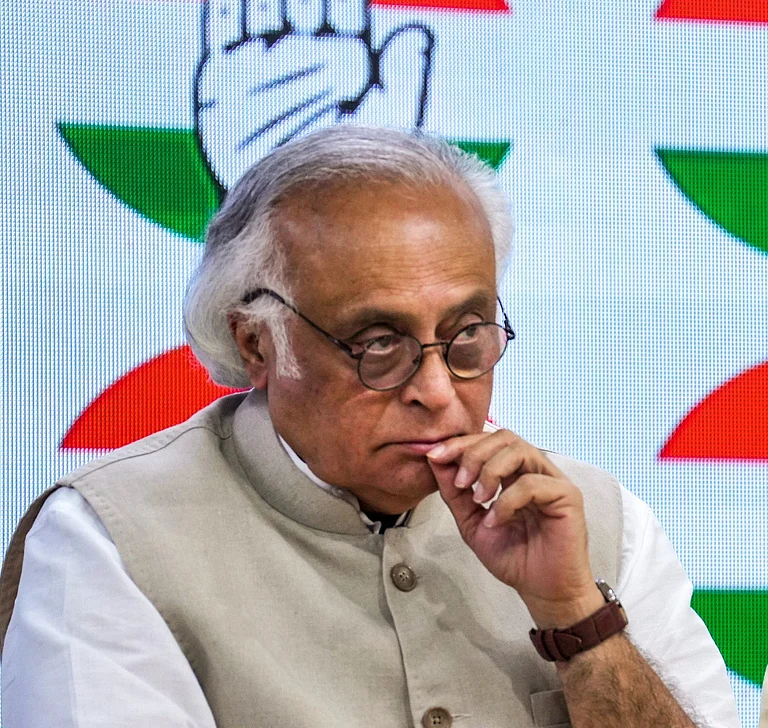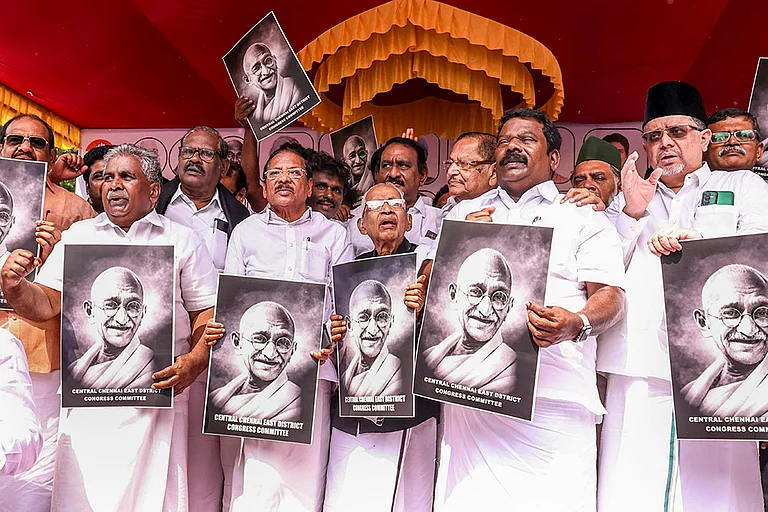US Vice President and Democratic candidate for the upcoming US Presidential election, Kamala Harris defended her record as a prosecutor and expressed her plans to decriminalize marijuana and reform police practices in an interview on "The Breakfast Club," on Tuesday.
Despite being a Harris supporter, Charlamagne tha God, who is a comedian and author known for his candid discussions, has been critical of both her and President Joe Biden in the past. He called Democrats "cowards" for ineffectively prosecuting a case against Republican presidential candidate Donald Trump.
Charlamagne began by questioning Harris about accusations that she had unfairly targeted Black men during her time as San Francisco's district attorney. To which Harris responded, "It's just simply not true" and that she was described as "one of the most progressive prosecutors on marijuana cases."
She promised to decriminalize marijuana after becoming the president, acknowledging that current laws have impacted Black communities negatively. However, some polls show that Harris has less support from Black men than Biden had in the 2020 election.
Harris's campaign is actively working to regain the support of Black men, especially in battleground states including Michigan, where the victory hangs on a thin margin as many are considering supporting Republican candidate Donald Trump.
She pointed to misinformation from Trump’s team aimed at Black voters and called it one of the biggest challenges. "They are trying to scare people away because they know they otherwise have nothing to run on," she said.
When asked about police brutality against Black men, Harris said she would push to pass the George Floyd Policing Act, which has faced challenges in Congress since it was proposed in 2021.
Charlamagne countered that Harris probably could not get the votes, a reference to the sharply divided US Congress and asked why she should push on that.
"I don't subscribe to that approach," Harris said, adding that it took a lot of work to pass voting rights and other acts through Congress and that she would help elect legislators who would support it.
Charlamagne, however, doubted the possibility of passing the legislation, referring to the divided US Congress. "I don't subscribe to that approach," she responded claiming that it took a lot of work to pass voting rights and other acts through Congress and that she would try her best to get legislators to support it.
Further, about the January 6 Capitol attack, Harris refrained from directly criticizing Attorney General Merrick Garland's decisions. "I think that the court should handle that. I'm going to handle November," she said.
While responding to the audience who are concerned about the integrity of the upcoming election and potential unrest similar to the January 6 capitol attack by Trump, Harris said that these fears should be avoided as "This man is weak and he is unfit."
According to a poll by the NAACP in September, over a quarter of young Black men expressed support for Donald Trump. Several other polls, including Reuters and Ipsos, also show that more Black population is supporting Trump over Harris.
Harris is putting efforts into attracting votes from the Black population. She also shared her economic plans aimed at supporting Black men and small business owners including forgivable small business loans and access to a new legal recreational marijuana industry.
If elected, Harris would make history as the first woman and first person of Asian descent to serve as the president of America, as well as the second Black president in US history.


























